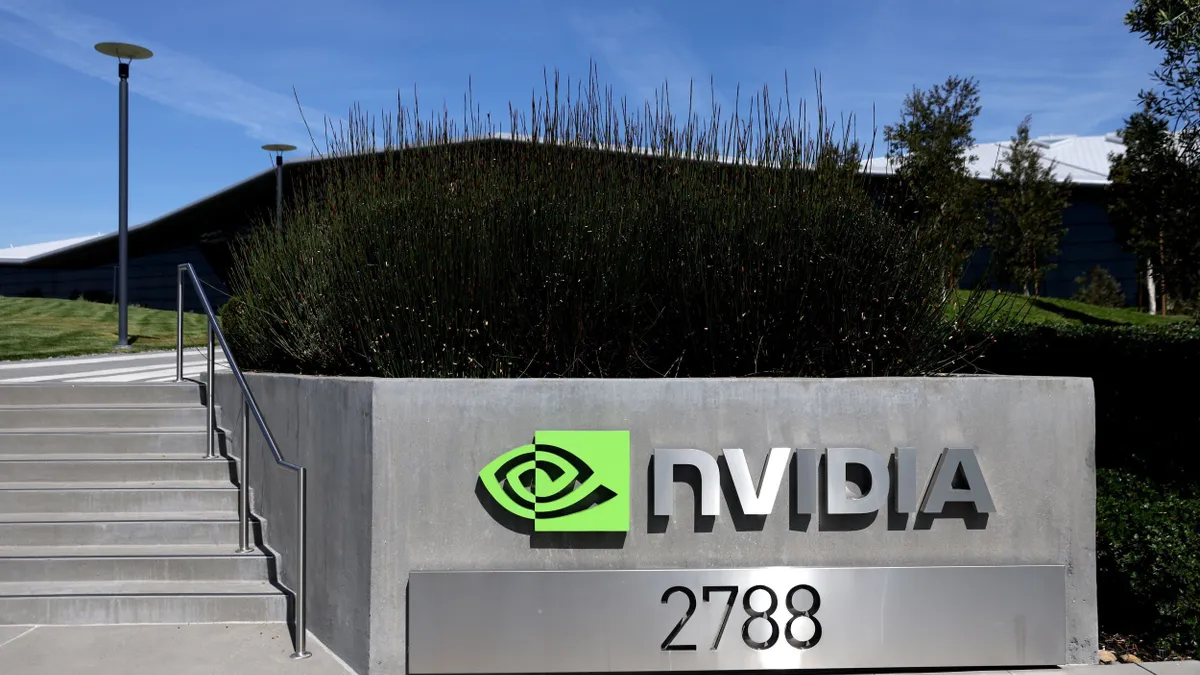Dive Brief:
- Philips has partnered with chip maker Nvidia to create a foundational artificial intelligence model for MRI.
- The partners will train the model on large datasets to support the development of applications that could enhance image quality, accelerate scan times and improve diagnostic accuracy, according to the Monday announcement.
- Philips said its model will enable zero-click scan planning across different anatomies, accelerate workflows and support interactive image enhancement capabilities such as noise removal.
Dive Insight:
Foundation models are AI neural networks that are trained on large amounts of raw data. The training equips the models to perform a wide variety of tasks. Once a foundational model is in place, researchers can build more specialized applications on the platform it provides. Nvidia is involved in foundational models across healthcare, including its own Bionemo drug discovery framework and Aidoc’s Care1.
Philips is working with Nvidia to create a foundation model for MRI. The project will build on Vista-3D and Maisi, existing Nvidia models for 3D medical imaging and generating synthetic images, respectively. Maisi can generate images with or without anatomical annotations.
By using the models to make an MRI-specific solution, Philips aims to address challenges that are unique to the imaging technology. Specific objectives include allowing radiologists to preview images and adjust quality and speed parameters before the actual scan, as well as automating the detection and interpretation of image findings.
The alliance furthers Nvidia’s expansion into one of three main areas of healthcare that it has identified as a good fit for its computing capabilities. Kimberly Powell, vice president of healthcare Nvidia, said at a TD Cowen event in March that the company calls the area “digital devices.” The term captures technologies such as imaging and robotic surgery devices. Nvidia’s other areas of focus are digital biology and digital health.
Pursuing the opportunities, Nvidia has partnered with Illumina to analyze data, provided technologies for use in surgical robots from Intuitive Surgical and Johnson & Johnson, and teamed up with GE Healthcare to develop autonomous X-ray and ultrasound systems.
Philips has already begun to build AI into its imaging devices, including its MRI machines. The company introduced an updated, AI-enabled version of its Blueseal helium-free MRI system in November. Philips said the use of AI-based image reconstruction technology can increase resolution by up to 65% or make scanning three times faster.













